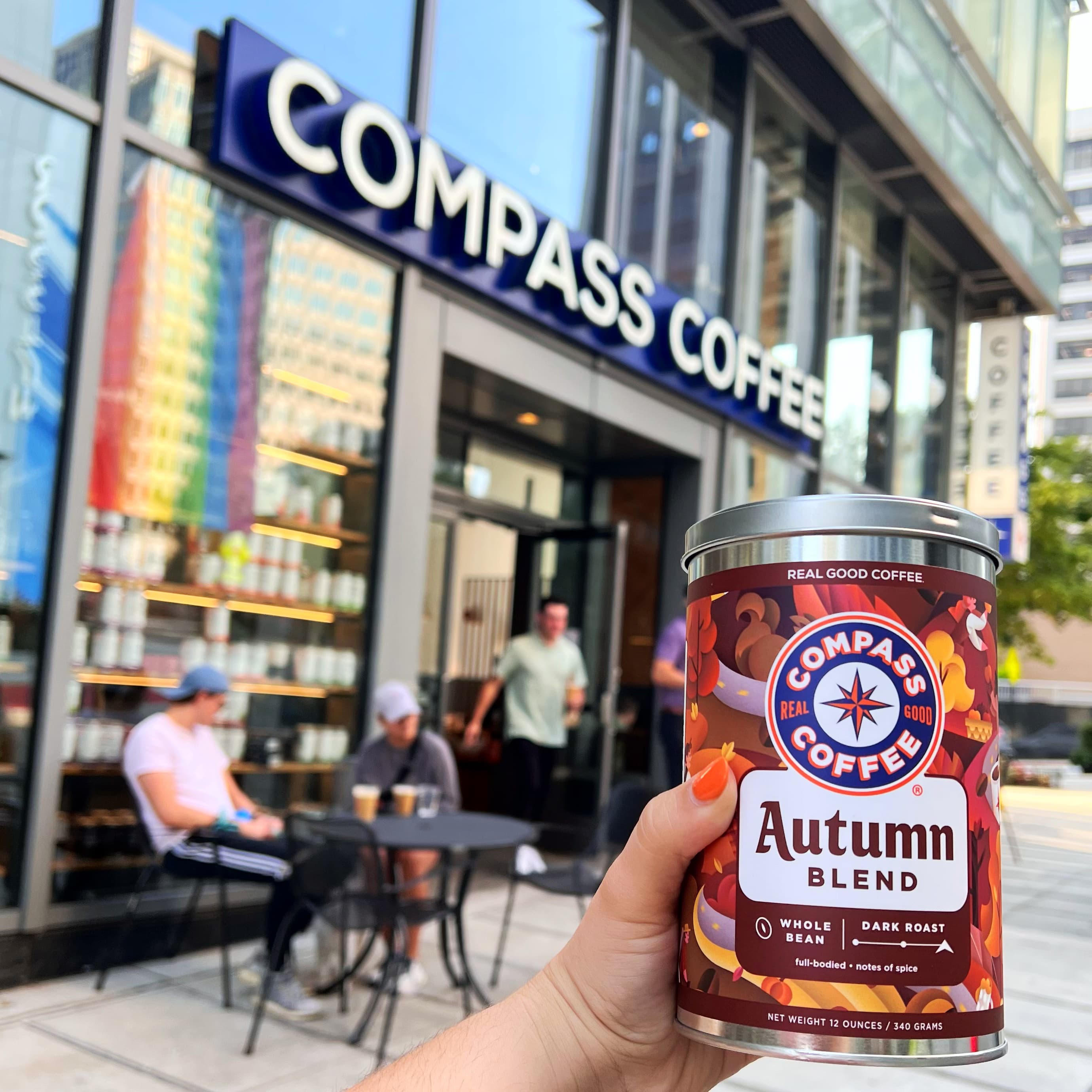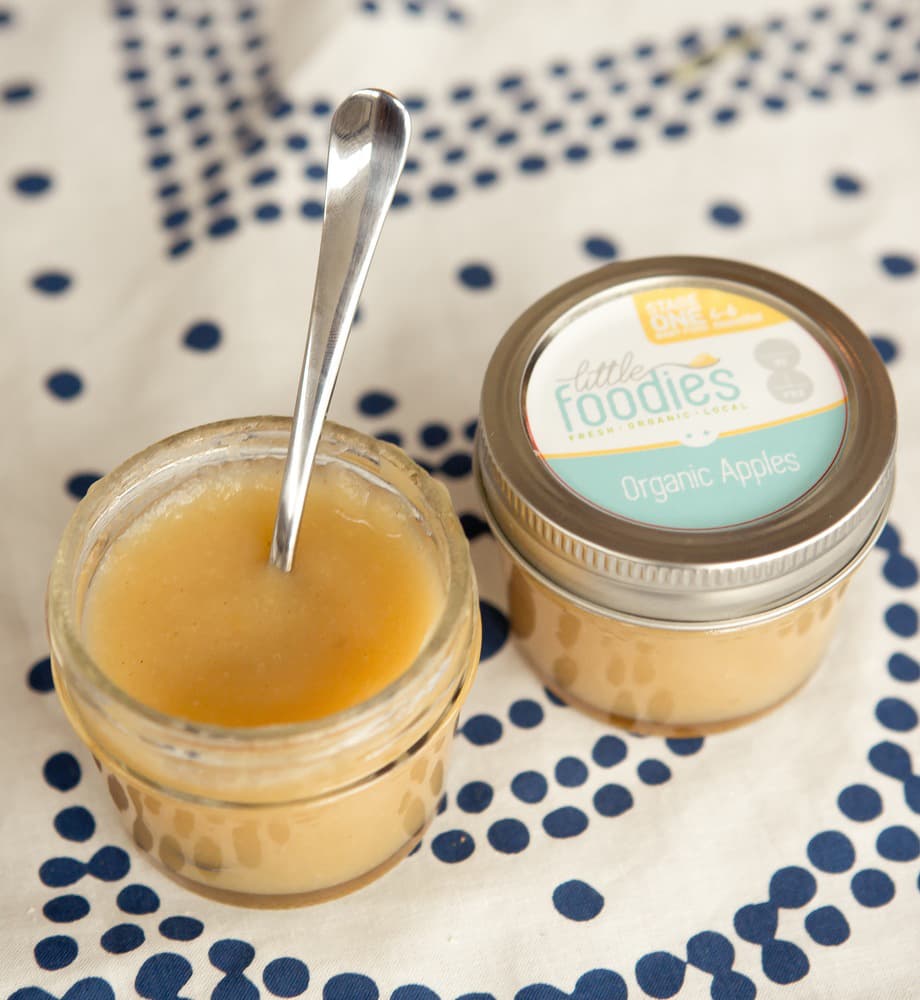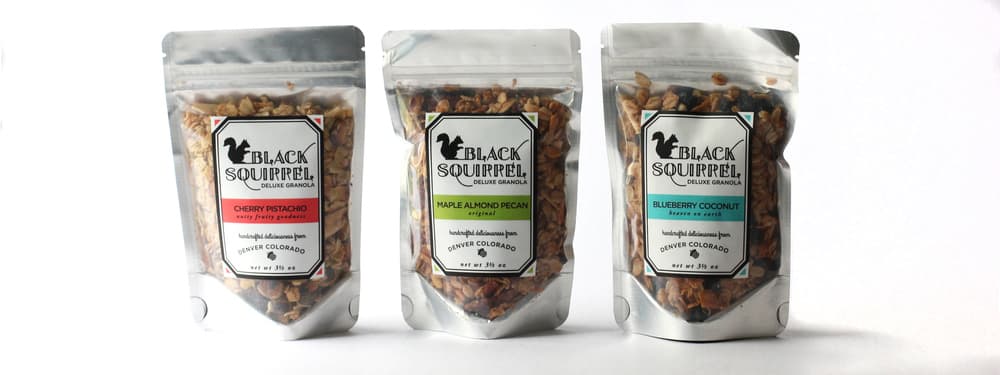FDA Food Labeling Requirements — Are You Compliant?
This entry was posted on September 27, 2024 .
Staying compliant with FDA food labeling requirements is essential for any food or beverage business. The FDA has set forth many rules and regulations to ensure consumer safety, and failing to meet these requirements can lead to damaging consequences for your brand, including fines and potential product recalls.
With recent changes to regulations, such as the 2020 update to the Nutrition Facts label and the FDA product labeling requirements, it's crucial to keep an eye on evolving standards. But nutrition facts are only one part of the compliance equation.
The FDA’s requirements extend to other parts of your packaging, including ingredient listings, net quantity, and health claims. Let’s dive into some of the core elements you need to consider to stay on the right side of the law.


The Importance of FDA Food Labeling Requirements
The FDA mandates specific information to be included on food packaging, ranging from basic ingredient information to more complex nutrition content and allergen declarations. These elements are vital to consumer safety and transparency. For example, if your label claims a product is "healthy" or contains certain nutrients, there are strict requirements for how that information must be presented.
In addition to standard disclosures, structured product labeling FDA guidelines now offer a framework for ensuring the proper organization of food label information. Structured labeling helps make data more accessible and easier for both consumers and regulatory systems to analyze.
Keeping your label information organized in a consistent manner can make it easier to verify compliance and meet FDA requirements.
What Does the FDA Require on Food Labels?
At its core, the FDA requires the following information on all food product labels:
- Product Name and Identity: Clearly state what the product is (e.g., "almond butter").
- Manufacturer Information: Include the name and address of the company.
- Net Quantity: The net weight or volume of the contents.
- Ingredient List: In descending order by weight.
- Allergen Disclosure: Clearly indicate any major allergens (like nuts, dairy, etc.).
- Nutrition Facts Panel: Include calories, fats, sugars, and other key nutrition data in the FDA-mandated format.
Compliance goes beyond just these core requirements. The FDA regulations governing disclosure of individual COIs require that companies are transparent about ingredients, particularly when proprietary formulations are involved.
COIs (Confidentiality of Information) can come into play when discussing secret recipes or proprietary blends, but that doesn't exempt companies from revealing allergen information or other crucial details.
Recent Food Label Updates from the FDA
Staying up to date with FDA labeling regulations can feel like trying to hit a moving target. In recent years, the FDA has made several updates to its guidelines, such as the high-profile changes to the Nutrition Facts label in 2020. Beyond that, there have been targeted revisions, like updates to the statement of identity for products like yogurt and guidance for plant-based milk alternatives.
The FDA regulations governing disclosure of individual COIs require that even products with proprietary ingredient formulations need to comply with allergen and nutritional transparency. This means even if your formula is a trade secret, you must still reveal essential details, especially when it comes to consumer health.
If your company manufactures products with "no nutritional significance" (such as spices or tea), you may not need to include a full Nutrition Facts panel. However, any nutrients present must be disclosed. Always keep an eye on the latest FDA updates to ensure your labels are both clear and compliant.


Understanding Structured Product Labeling FDA Guidelines
To help streamline compliance, the FDA has introduced structured product labeling guidelines. This framework organizes product label information in a consistent, machine-readable format, making it easier for both consumers and FDA systems to verify the accuracy and completeness of labels.
Structured product labeling FDA guidelines allow companies to better manage large volumes of data across multiple product lines, while also ensuring that labels are easily readable and understandable by consumers.
If your brand is expanding or if you deal with a wide range of products, adopting structured labeling practices can improve efficiency and reduce errors when updating your packaging.
FDA Labeling Requirements Across Industries
Different industries often face unique challenges when it comes to FDA labeling compliance. For instance, manufacturers of plant-based beverages like soy or almond milk have their own guidelines, allowing them to use common terms like "milk" despite not containing dairy.
These manufacturers are also encouraged to include a voluntary nutrition comparison statement to ensure transparency.
Some niche products—such as spices, flavor extracts, and plain instant coffee—fall under "no nutritional significance" and may be exempt from the traditional Nutrition Facts label. However, it’s important to stay up-to-date on whether your product qualifies for these exemptions.


Alcohol Labeling: Other Agencies Are in Charge
For alcoholic beverages, the FDA is not the primary regulatory body. Instead, the Alcohol and Tobacco Tax and Trade Bureau (TTB) handles labeling for beer, wine, and spirits. Just like FDA regulations, the TTB’s guidelines must be followed to avoid fines and penalties.
Allergen disclosure is one area where FDA and TTB labeling concerns overlap, particularly for spirits and other alcoholic beverages. The TTB’s labeling guidelines have been in effect since 2006, but they are continually being refined, so it’s essential for alcohol manufacturers to stay informed.
Food Label Printing: A Compliant Approach
Once your labels are designed and meet all FDA (or TTB) requirements, it's time to make sure they look great. Partnering with a reliable printing service like Lightning Labels can help ensure your packaging is compliant, clear, and eye-catching.
We’ve spent over 20 years providing FDA-compliant labels for businesses of all sizes. Our all-digital printing methods allow for quick turnarounds and unmatched order flexibility. Whether you need just a few labels or thousands, we can deliver your product packaging exactly as you envision it—compliant, beautiful, and professional. Receive a quote now.

 Custom Labels
Custom Labels  Custom Beverage Labels
Custom Beverage Labels  Custom Lip Balm Labels
Custom Lip Balm Labels  Custom Warning & Safety Labels
Custom Warning & Safety Labels  Perfume Bottle Labels
Perfume Bottle Labels  Bumper Stickers
Bumper Stickers  Custom Prop 65 Warning Labels
Custom Prop 65 Warning Labels  Custom Stickers
Custom Stickers